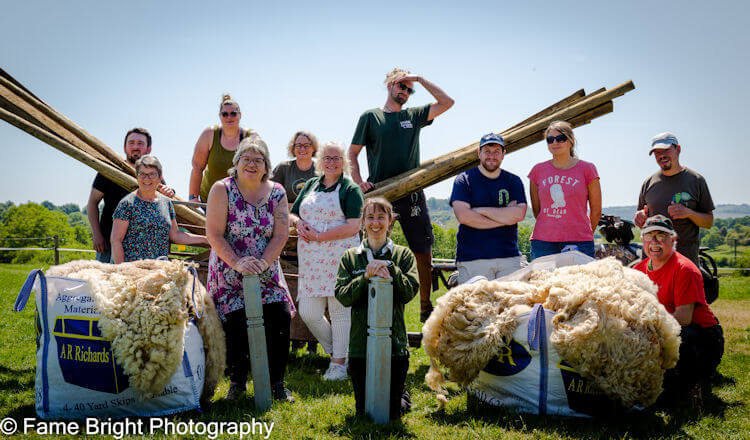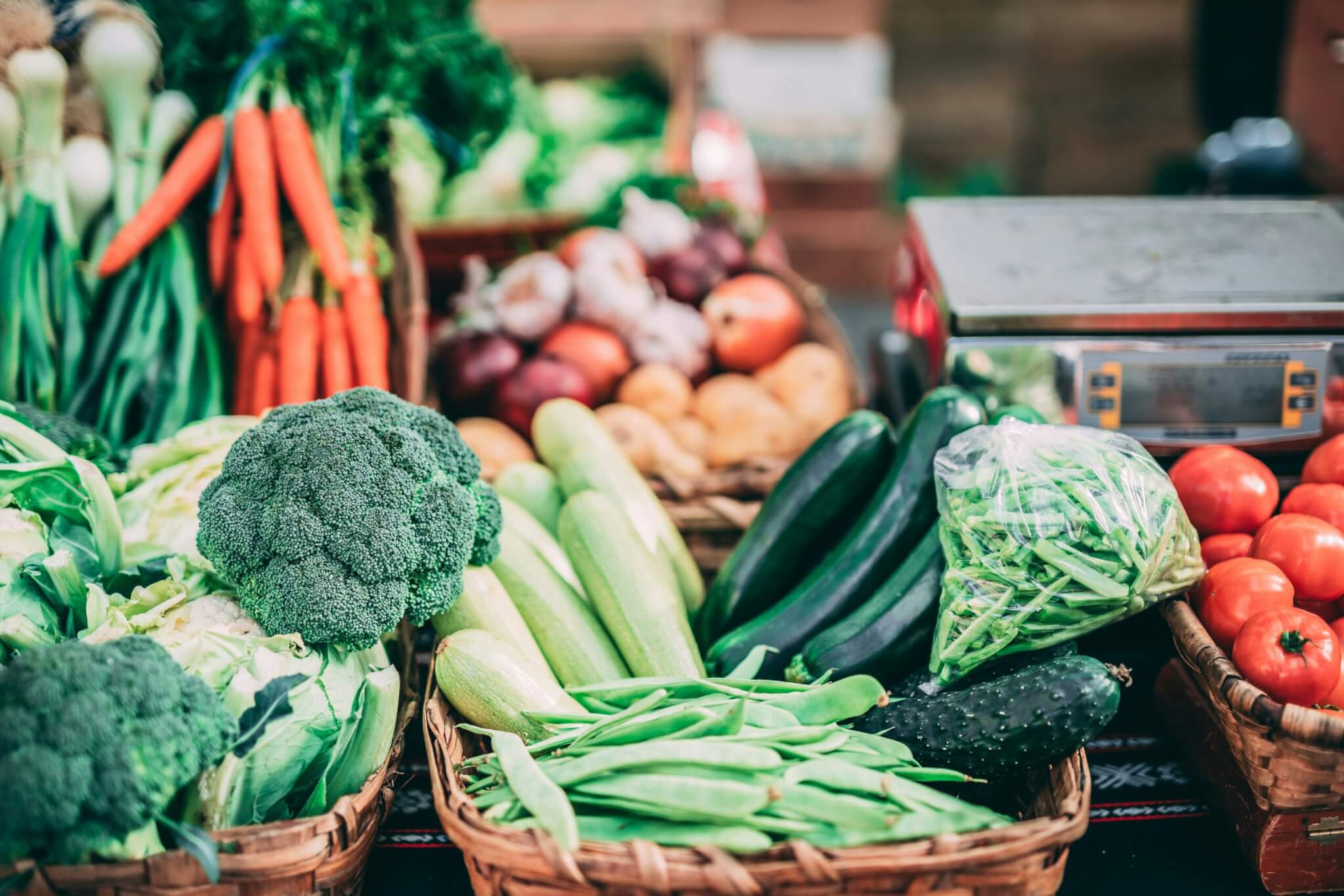The UK’s food and farming sectors have become accustomed to having to defend themselves against a seemingly constant barrage of negative headlines. Whether it’s concerns around animal welfare standards on livestock farms, or public health issues connected to diet, or criticism over climate targets, hardly a week goes by without more controversy.
But whilst these industries are increasingly adept at fending off the criticisms of campaigners and other traditional opponents, earlier this month they faced scrutiny from an unexpected, and potentially more influential, source – a group of high ranking figures from within the food sector itself.
The whistleblowers – all of whom hold, or have held, senior positions within major food companies – published a scathing report in which they made a series of startling claims about the practices of their own industry, and, perhaps most alarmingly, the potentially dire consequences of its current direction of travel.
The report, titled An Insider’s Guide to Meat and Dairy, was produced, the authors said, to “try to support better, more honest conversations” on the myriad of issues surrounding these increasingly controversial foods.
Whilst acknowledging that, in their view, meat and dairy farms have an important role to play in the UK’s economy and food security, and in meeting the country’s dietary and nutrition needs, the whistleblowers said that an “increasingly urgent conversation” was needed “about the type, quality and quantity of meat and dairy we consume as a society”. The conversation also needed to address, the insiders said, “the impact this is having on the UK’s food security, health outcomes, animal welfare standards, and environmental sustainability”.
Pressure by food companies to keep prices low and production volumes high was driving farmers away from lower impact, high welfare farming, according to the report, which also found that companies are “explicitly projecting a dual track of growing meat and dairy sales and reducing environmental impact”.
The whistleblowers, coordinated by Inside Track, a group working to with employees in “key industries” wanting to bring about change, warned that the current trajectory for the UK’s food and agricultural sectors would lead to “poorer” environmental and health outcomes, “increased inequalities” and “further pressure” on farmer’s livelihoods.
A raft of specific concerns were raised by the insiders. They claimed that, without intervention, there would be:
- An increase in meat sales “with a large proportion produced to lower welfare standards, and from processed meat”
- The desertion of smaller scale, family farms as well as larger scale higher-welfare farms in favour of industrial production facilities. This could lead to the “eroding of livelihoods of farmers and those working in farming”
- A backtracking on commitments to source from British farmers
- Intensive stocking practices on farms that are “connected to higher public health risks, zoonotic disease outbreaks and antibiotic resistance”
- “A full scale breach” of commitments around emissions as well as land degradation, river pollution, biodiversity loss and increased pressure on land
- “A failure” to shift towards regenerative agricultural practice at any scale
Such a roll-call of stark warnings should concern us all, especially given it’s the food industry itself raising the alarm, and because many of the factors, and indeed the decision making, that lie behind this looming crisis have not been subjected to sufficient scrutiny or public debate.
As the AGtivist itself has previously probed, the UK’s livestock sector has witnessed a dramatic slide towards intensification in recent decades, with sizable increases in the number of factory farms populating the countryside, including the arrival of so-called “megafarms” – vast US-style facilities that can house more than a million chickens, 20,000 pigs or up to 3000 cattle in giant sheds or outdoor feedlots.
The most recent data shows that the number of poultry and pig “megafarms” across the UK had risen by as much as 20% between 2016 and 2023. Each of these farms has the capacity to house 125,000 broiler chickens, 82,000 laying hens or 2,500 pigs, the size thresholds used in the US for classifying livestock units as large Concentrated Animal Feeding Operations (CAFOs). In 2016, there were a total of 974 pig and poultry “megafarms” in the UK, research found, compared with 1,176 in 2023.
Previous investigations also identified significant numbers of intensive cattle farms operating across the country, with around a dozen beef “feedlots” confining thousands of cattle in outdoor yards, and more than a hundred intensive dairy units, where some or all of the animals were housed year round. These figures are thought to be an underestimate owing to loopholes in UK regulations, which mean the government doesn’t record the numbers or locations of such units.
It was revealing, when in 2017, whilst responding to parliamentary questions on the spread of “megafarms”, Michael Gove, the-then Environment Secretary, said: “One thing is clear: I do not want to see, and we will not have, US-style farming in this country.” The statement, whilst well meaning, missed the point: this type of farming was already here.
Indeed, whilst supporters of factory animal production argue that such farms are necessary to feed growing populations with affordable protein, and help ensure food security, critics point out that much of the intensification has taken place without local communities or the UK public at large being properly consulted about such fundamental changes to how our food is being produced.
Some areas have been allowed to become so saturated with intensive poultry and pig rearing they have been dubbed factory farming “hotspots” – this includes the counties of Norfolk, Lincolnshire, Shropshire and Herefordshire. As recently reported by the AGtivist, such concentrations have been blamed for spiralling pollution of waterways, including the iconic river Wye, the subject of a significant legal challenge alleging chicken farming in the region is to blame for its widespread contamination.
Some opponents say that only in the last few years have local authorities (responsible for planning decisions) and the Environment Agency (responsible for monitoring the largest intensive farms in England) begun to more-fully scrutinise or block applications for new livestock units, or significant farm expansions.
Many of the whistleblowers’ other concerns have been brewing for years too, including the spread of antibiotic resistance on farms, itself recently in the spotlight following the discovery of drug-resistant salmonella on Northern Ireland pig farms. The reduction in the number of farms across parts of the UK has also been an ongoing source of worry, as has the sourcing by supermarkets of cheap meat produced overseas, something some farmers claim undermines pledges about championing UK producers.
The publication of the report was accompanied by a number of supporting statements, including from Neil Heseltine, a beef and sheep farmer who farms over 1,200 acres in Yorkshire. In comments that will resonate with many of his peers, he said: “Right now, low margins are pushing farmers to intensify production – and the result is poorer animal welfare and increased environmental damage. If businesses claim to back farmers, they should prove it with fair prices that reward higher welfare and lower input farming.”
He continued: “Government must play its part too; crucially this means that UK producers aren’t undercut by cheaper imports, and are paid properly for public goods like tree planting, nature restoration and clean rivers.”
Investors too lended support, with Louisiana Salge, the head of sustainability at EQ Investors, a wealth management firm, saying: “This paper, from senior professionals in the industry, shares another angle for us […] to take seriously as it may affect the long-term value of such companies.”
The whistleblowers themselves signed off with a set of questions they said investors should be raising with food companies, stating these “should help […] assess whether there are endemic governance failures where companies are directly acting against their public commitments and their own long-term interests.”
I think we can safely answer that one already. The far bigger question should be, what type of farming – and indeed food – does the public deserve?
The AGtivist is an investigative journalist who has been reporting on food and agriculture for 20+ years. The new AGtivist column at Wicked Leeks aims to shine a light on the key issues around intensive farming, Big Ag, Big Food, food safety, and the environmental impacts of intensive agribusiness.













0 Comments